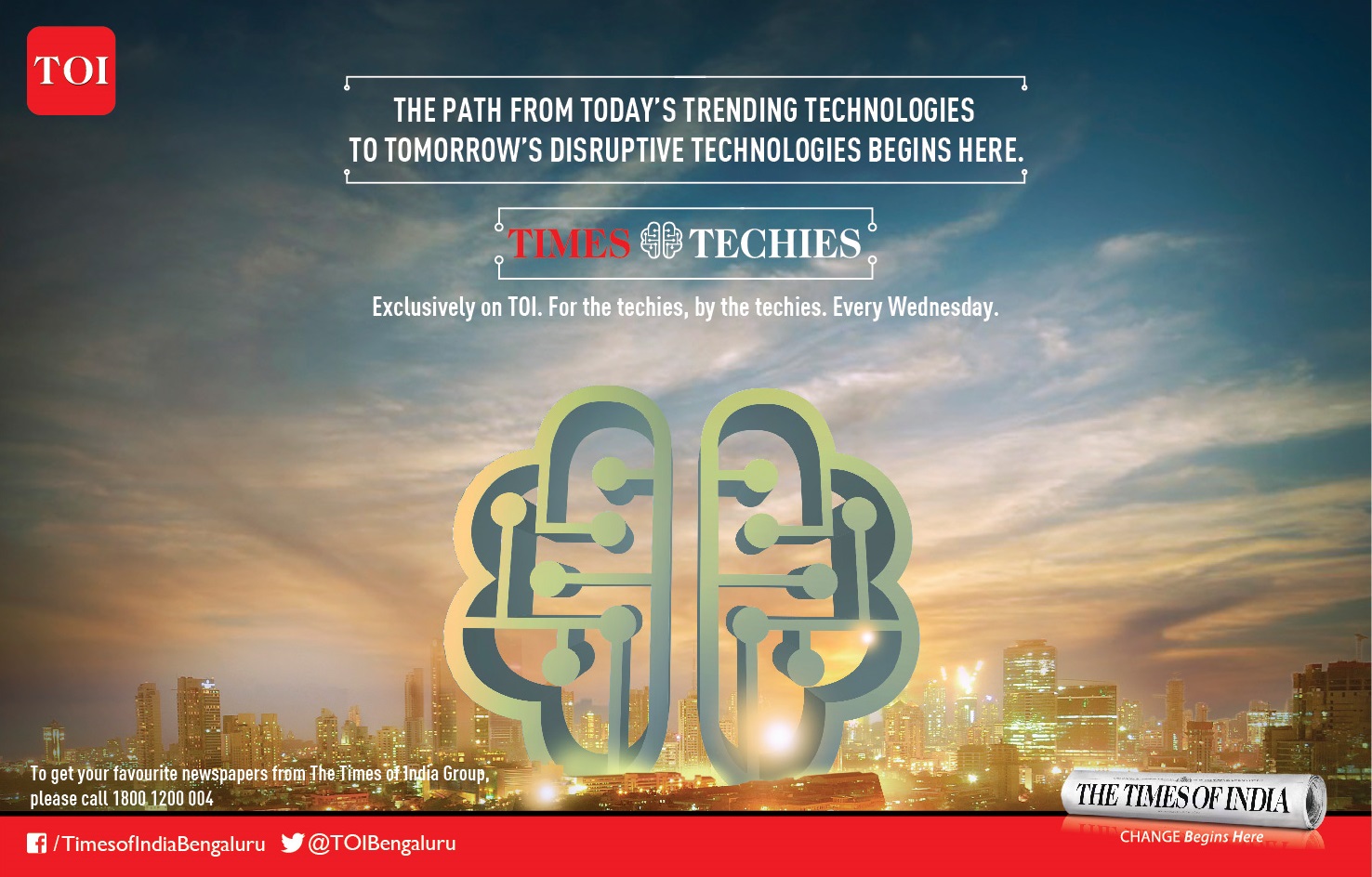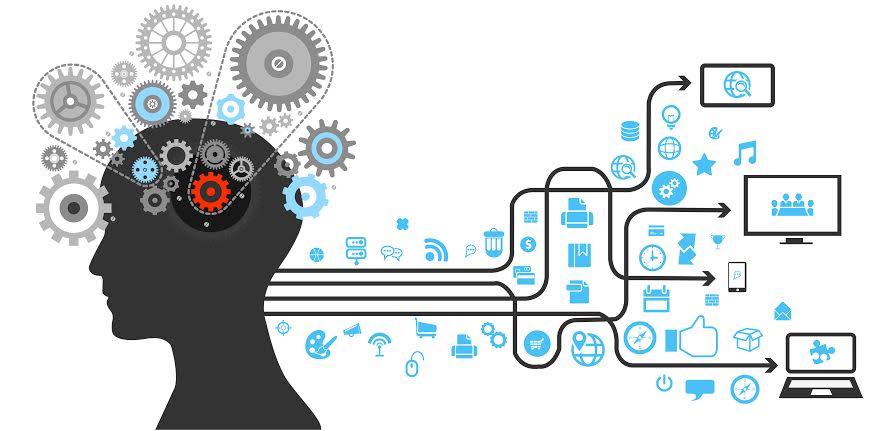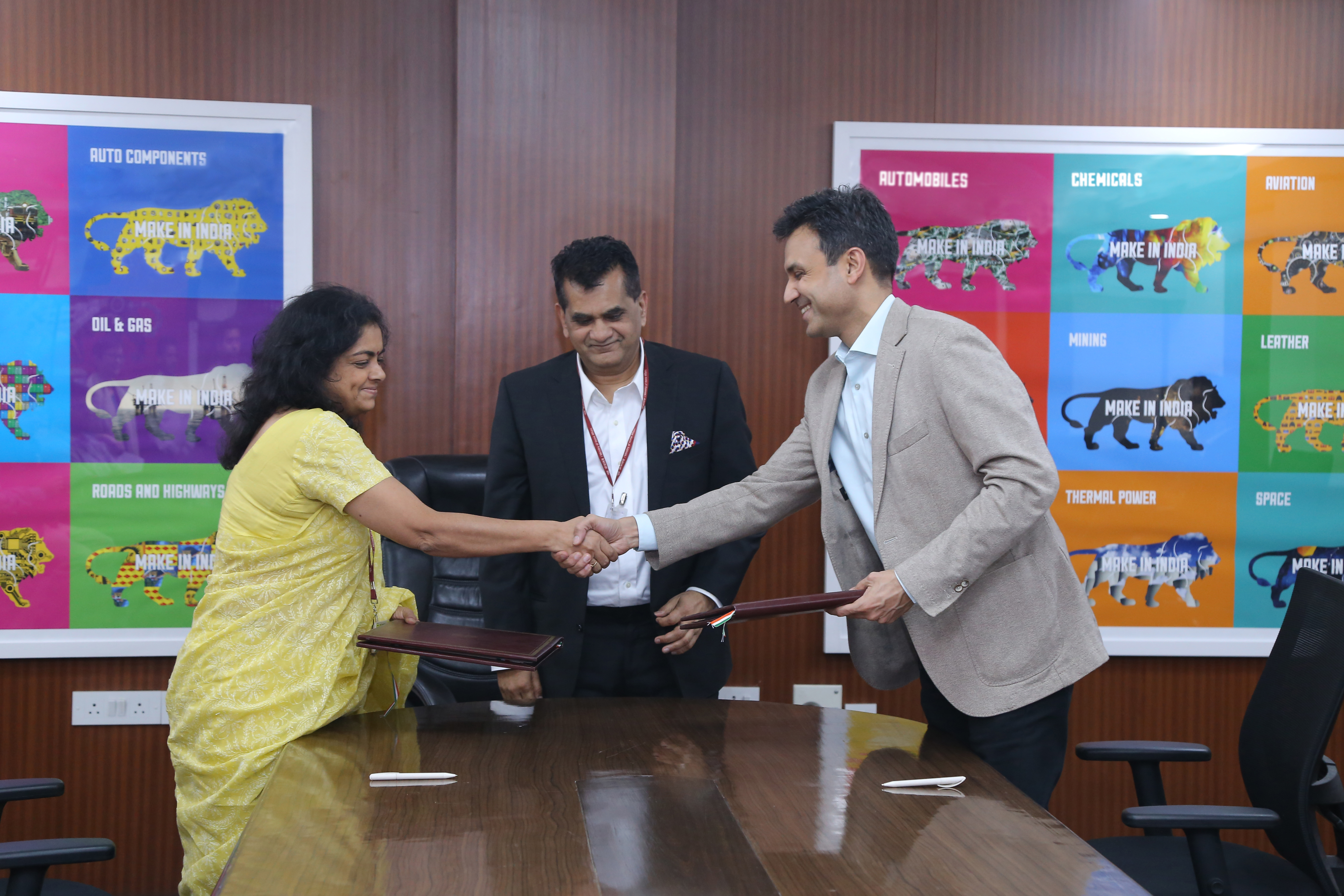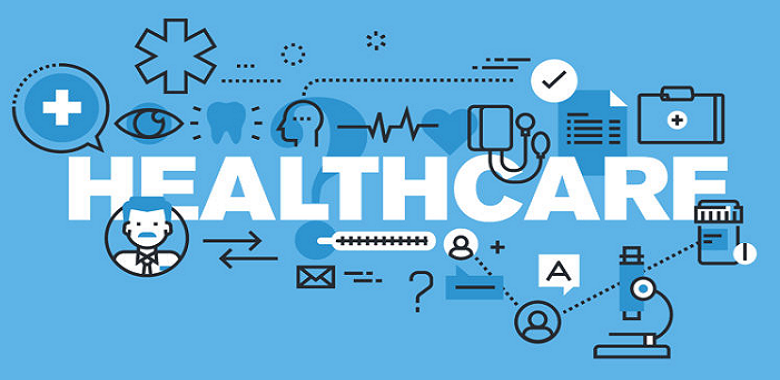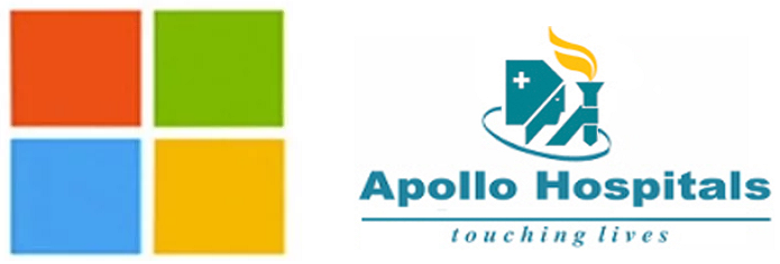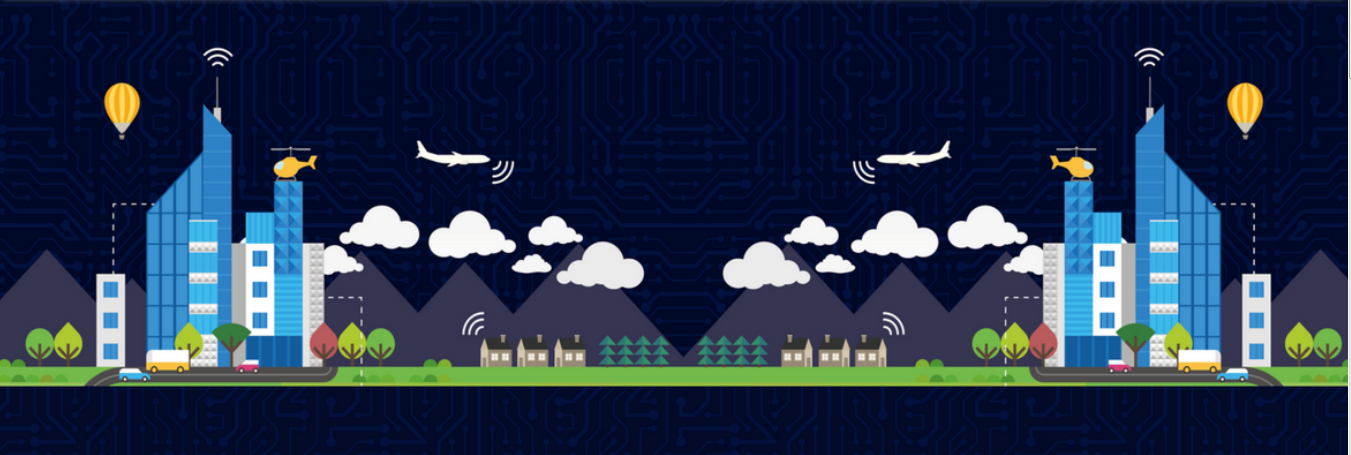Naukrigulf, a leading jobsite in the Middle East market, has made its platform more user-friendly and comprehensive for job seekers with Microsoft AI and data powered language translation solutions. The AI translator deployed by Microsoft has made the website multilingual for global users, thereby helping employers and job-seekers to explore the platform with ease and seize greater opportunities.
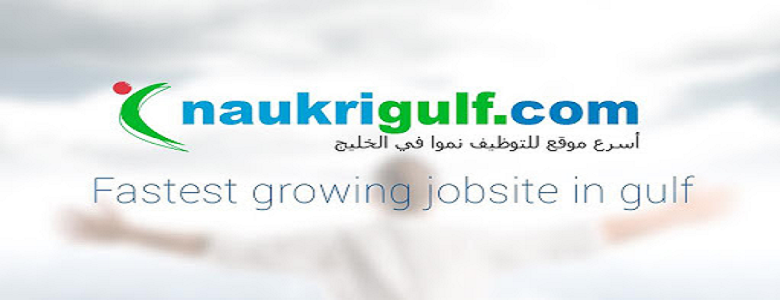
Naukrigulf attracts thousands of employers and job seekers interested to work in the Gulf region. With most of the users being fluent either in Arabic or English, the content on the portal needed to be available in the job seeker’s preferred language. The implementation of Microsoft’s Arabic language translator has eliminated the language barrier that existed amongst the job seekers and employers.
The AI and data powered translator has opened countless doors for job seekers to search for the right prospects. On the other hand, it has given companies access to a larger pool of talent that was earlier not visible to them. The deployment is providing a quick turnaround at a lesser cost, and leading to a substantially enhanced consumer base for Naukrigulf.
Sharad Sindhwani, Senior Vice President & Product Head for Naukrigulf said,
Naukrigulf.com has been a pioneer in adopting technology to offer improved experience to all the users. We regularly evaluate the needs of our customers and work towards building solutions that optimize job search and recruitment processes. With Microsoft Translator Text API, the language gaps that existed amongst the forum and its users have been filled and the portal has more tangible approach now. With this technology we have cut down almost half of the cost and we are very happy with accuracy of the automated translation.
Rajesh Rege, Country GM & India Lead – Clouds, Solution & Customer Success, Microsoft India said
Microsoft is committed towards aiding businesses optimize their processes and enhance their customer experience. The AI powered translator will enable Microsoft and Naukrigulf.com to achieve their unified vision of empowering the end users by enabling them to seamlessly connect, browse and exchange data. By leveraging this technology, we aim towards dissolving any form of language barriers that might exist amongst the job seekers and employers.
Microsoft is relentlessly working towards making technology accessible and productive for all, irrespective of the language they may speak or read. This is one of the examples of Microsoft’s efforts on local language computing and using the power of AI to improve the lives of people around the world.
Info Edge India Ltd., the parent company of Naukrigulf.com, Naukri.com, 99acres, & jeevansaathi, has dynamically leveraged data and AI solutions from Microsoft to streamline their workload and bring in superior quality services for its customers across the globe.


